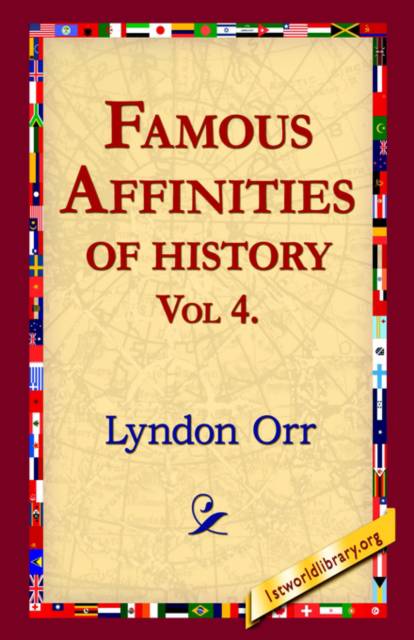
- Afhalen na 1 uur in een winkel met voorraad
- Gratis thuislevering in België vanaf € 30
- Ruim aanbod met 7 miljoen producten
- Afhalen na 1 uur in een winkel met voorraad
- Gratis thuislevering in België vanaf € 30
- Ruim aanbod met 7 miljoen producten
Zoeken
Omschrijving
The story of Jonathan Swift and of the two women who gave their lives for love of him is familiar to every student of English literature. Swift himself, both in letters and in politics, stands out a conspicuous figure in the reigns of King William III and Queen Anne. By writing Gulliver's Travels he made himself immortal. The external facts of his singular relations with two charming women are sufficiently well known; but a definite explanation of these facts has never yet been given. Swift held his tongue with a repellent taciturnity. No one ever dared to question him. Whether the true solution belongs to the sphere of psychology or of physiology is a question that remains unanswered. But, as the case is one of the most puzzling in the annals of love, it may be well to set forth the circum-stances very briefly, to weigh the theories that have already been advanced, and to suggest another. Jonathan Swift was of Yorkshire stock, though he happened to be born in Dublin, and thus is often spoken of as "the great Irish satirist," or "the Irish dean." It was, in truth, his fate to spend much of his life in Ireland, and to die there, near the cathedral where his remains now rest; but in truth he hated Ireland and everything connected with it, just as he hated Scotland and everything that was Scottish. He was an Englishman to the core.
Specificaties
Betrokkenen
- Auteur(s):
- Uitgeverij:
Inhoud
- Aantal bladzijden:
- 132
- Taal:
- Engels
Eigenschappen
- Productcode (EAN):
- 9781421800769
- Verschijningsdatum:
- 8/02/2006
- Uitvoering:
- Hardcover
- Formaat:
- Genaaid
- Afmetingen:
- 140 mm x 216 mm
- Gewicht:
- 303 g

Alleen bij Standaard Boekhandel
+ 73 punten op je klantenkaart van Standaard Boekhandel
Beoordelingen
We publiceren alleen reviews die voldoen aan de voorwaarden voor reviews. Bekijk onze voorwaarden voor reviews.







